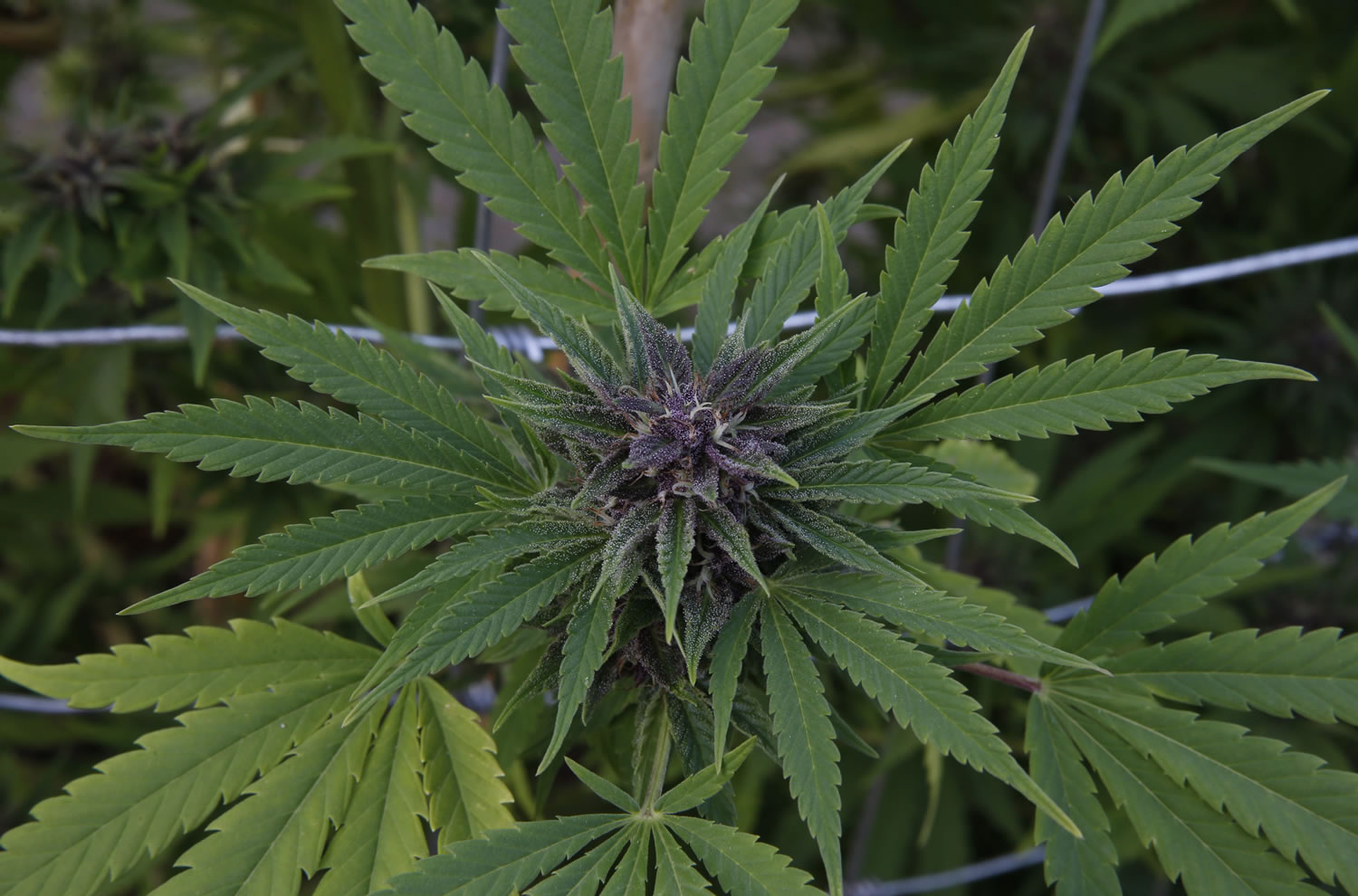For the second time in state history, top economists will meet next month to forecast how much in fees and taxes the new recreational marijuana market will bring to state coffers.
And, they will do it without any hard data.
“This is the first time, that I’m aware of, that we have something that is completely brand new and we don’t have any data on it,” said Steve Lerch, the executive director of the Economic and Revenue Forecast Council. “It’s interesting.”
The state’s economic forecasts typically draw upon decades of hard data: building permits, employment numbers, gas prices.
The forecast helps lay the foundation for the governor and lawmakers as they craft a budget; it gives them a sense of how much money will be funneled to schools or public safety.
One of the selling points of legalizing recreational marijuana was the possible revenue windfall it could produce. Numbers initially fluctuated wildly, anywhere from zero to $2 billion in the first five years.
Some, such as state Rep. Paul Harris, R-Vancouver, still hope the recreational marijuana market will resolve the state’s ongoing struggle to fund public schools. He said he would like to “take the majority of marijuana money” that is coming in and put it toward funding K-12 schools.
A lot of the information Lerch and his team used to project revenue from recreational marijuana in February was based on a report by the consulting firm Botec Analysis, which was created for the state’s Liquor Control Board.
“The dominant finding,” according to the report, “is sobering though not surprising: There is enormous uncertainty.”
$51.2 million
Here’s what experts do know: For the previous — and first-ever — attempt at forecasting recreational marijuana revenues in February, Lerch and his team estimated taxes and fees from recreational marijuana would bring in $51.2 million to the general fund from 2015 to 2017.
In the following two years, he predicted, it would boost the general fund by $138.5 million. That money could be divvied up however lawmakers see fit. Lerch said he expects the June forecast will look very similar, if not identical, to his February forecast since stores will still not be open.
Initiative 502, which legalized the sale and use of recreational marijuana by adults, mandated how the money from excise taxes and license fees be spent.
A tax of 25 percent will be tacked onto each point of transfer: from the producer to the processor, the processor to the retailer, and then again when the retailer sells the product to consumers.
The initiative splits up that money across a handful of programs and departments, including a chunk going to research at Washington State University and the University of Washington; money for administration fees at the state’s Liquor Control Board; and another portion for the state Department of Social and Health Services.
Although there is no money specifically carved out for local cities, they would get the portion of the sales tax revenue that they typically get on any retail sale.
The state is expected to start issuing marijuana retail licenses July 1. The first stores could open at the end of July. In Clark County, there could be 15 marijuana retailers, including six in Vancouver.
Any changes to the rules mandated in I-502 would have to be made by the state Legislature.
Questions remain
The list of unknowns involved with rolling out the new enterprise is long.
One glaring uncertainty is how much market share the legal market will retain. The black market has been the only source of marijuana for a long time, Brian Smith, a spokesman for the Liquor Control Board, wrote in an email.
“Moving people from this market to a legal, taxed, regulated market will not happen overnight,” Smith wrote. “In fact, we anticipate that we’ll only capture 25 percent of the market by the end of the first year. However, the board made the decision early on that it would open the system to many small operations so that those who were currently growing for the black market (in their basement, for example), could move over to the legal state regulated system.”
There also are questions of how the federal government might react once the recreational market is up and running; how Washington’s recreational market will compete with its medical cannabis system and with other states that legalize marijuana; and whether local municipalities with bans on pot shops will lift those moratoriums.
Collecting taxes on the industry poses challenges, too.
Because banks are reticent to provide loans, recreational marijuana is expected to be a mainly cash-based industry. That makes it potentially difficult to tax.
There also is a federal lawsuit questioning the state’s authority to tax marijuana, since possessing the drug remains illegal under federal law. The suit deals directly with medical marijuana, but some argue its implications could be broader.
Despite the uncertainties, Kim Schmanke, spokeswoman with the state’s Department of Revenue, said officials are gearing up for an influx of taxpayers who want to pay for their marijuana in cash.




